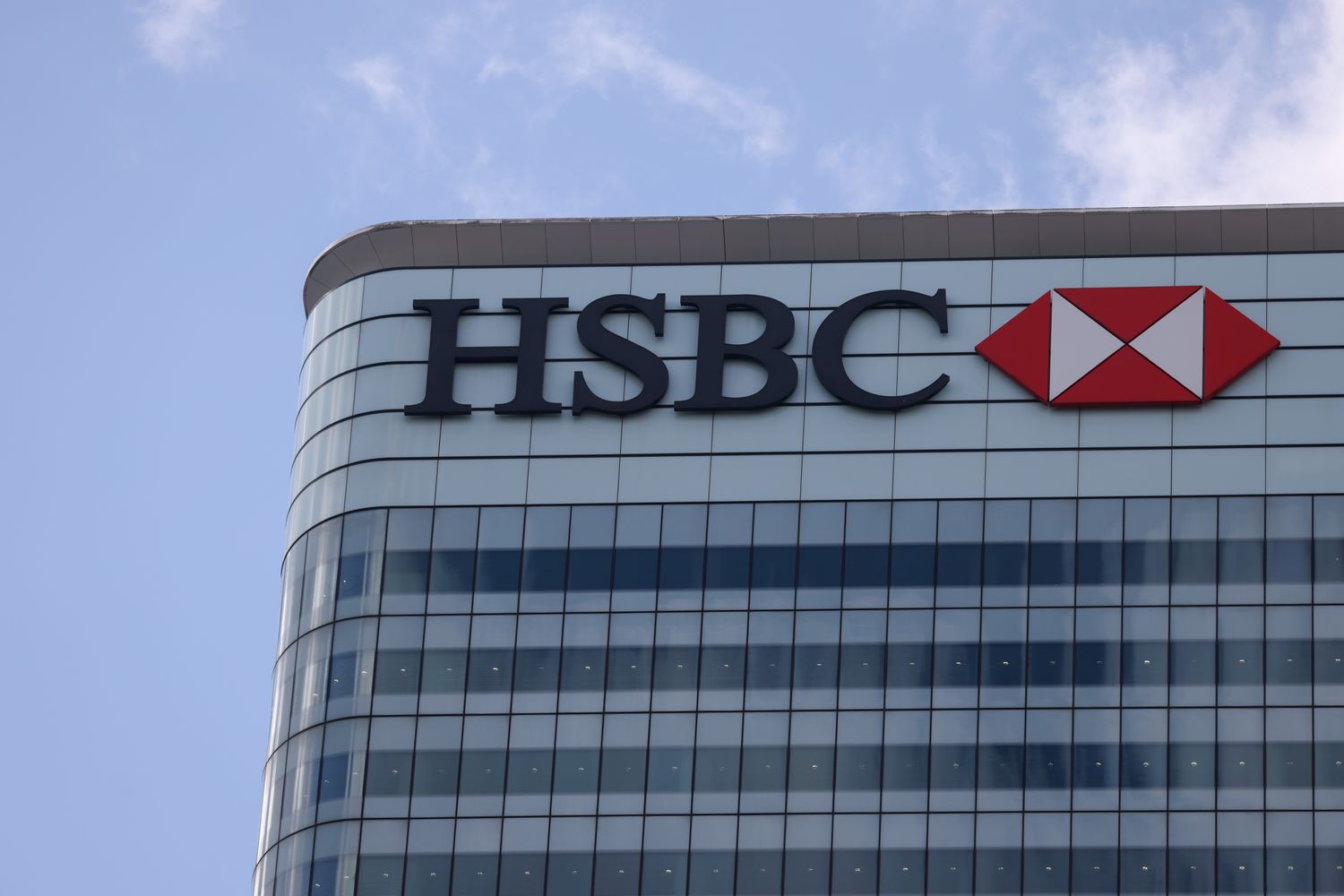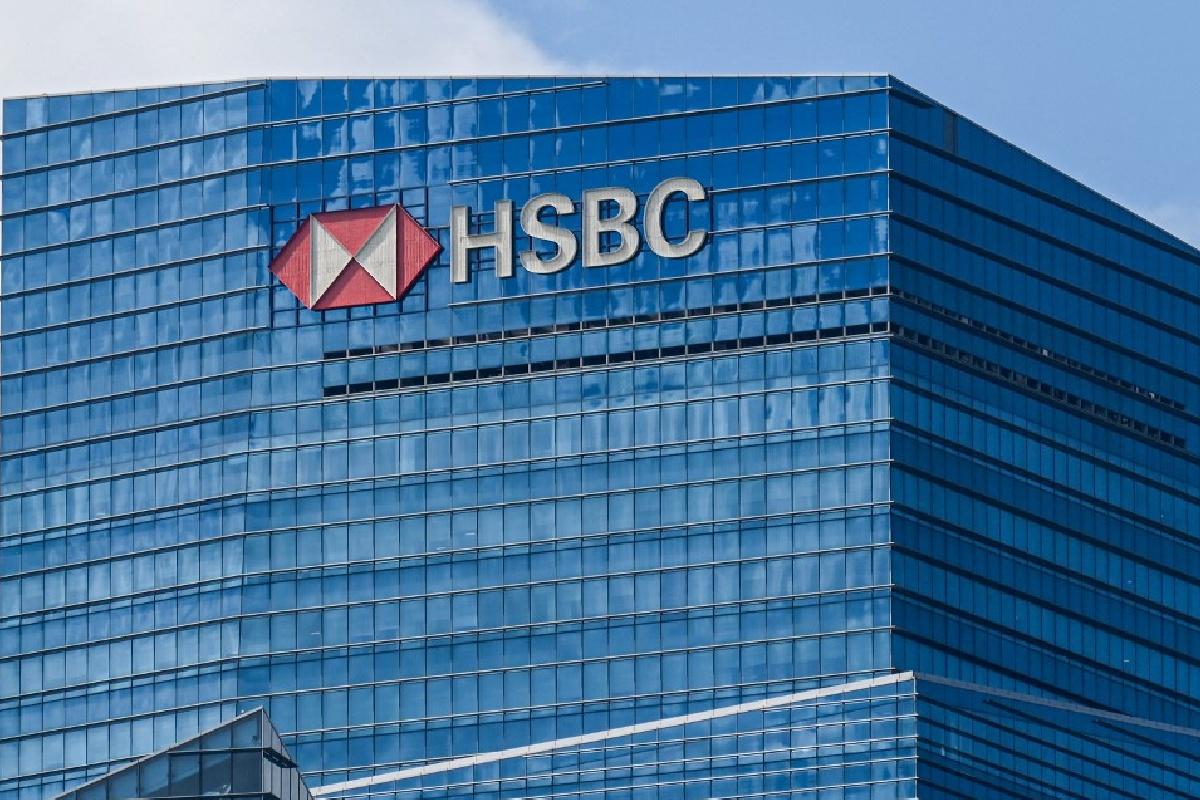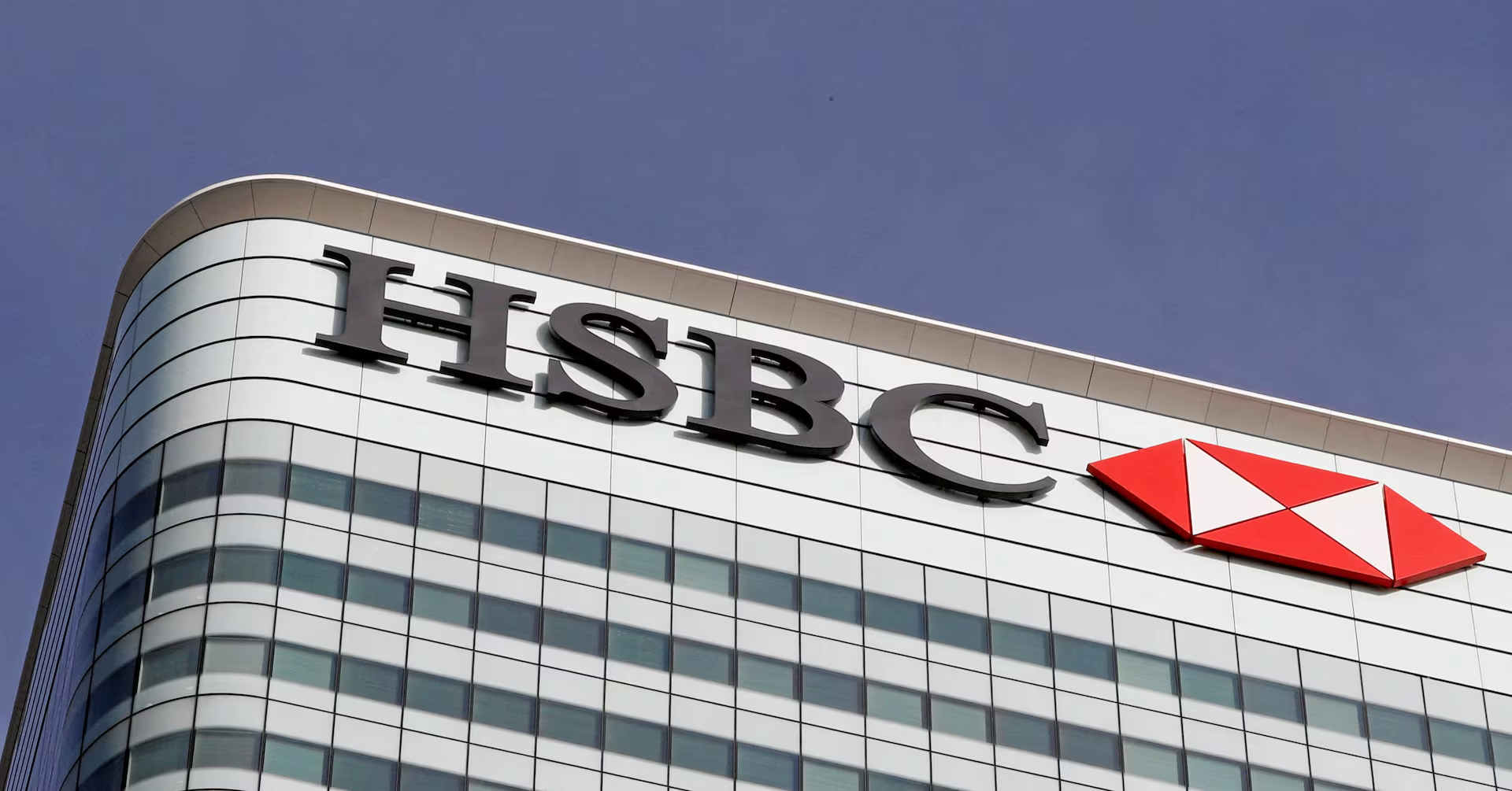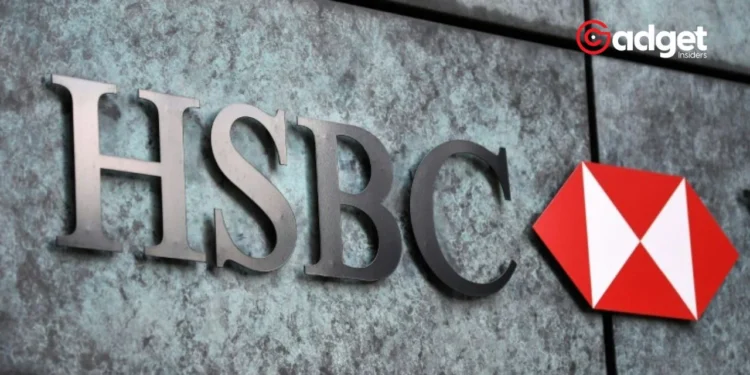HSBC Holdings plc, Europe’s largest bank by market value, has made a pivotal decision to sell its Argentine business to Grupo Financiero Galicia, the top private financial group in Argentina, for $550 million.
This sale marks a significant shift in HSBC’s strategy as it moves to streamline operations and enhance focus on high-growth opportunities, particularly in Asia.

HSBC: Strategic Reorientation Amid Economic Shifts
The decision, announced last Tuesday, comes with a heavy price tag for HSBC—a projected $1 billion pre-tax loss in the first quarter. Yet, this bold move is seen as a necessary step by the banking giant to maintain its global market stronghold and pursue more lucrative ventures.
Noel Quinn, the bank’s CEO, detailed the rationale behind this move in an interview with CNN, explaining that the Argentine branch “is largely a domestically focused business, with limited connectivity to our international network,” and noted its contribution to “substantial earnings volatility.”
HSBC pulls out of Argentina at a $1 billion loss as Asia pivot continues. https://t.co/vUZTtonZIs
— FORTUNE (@FortuneMagazine) April 10, 2024
The Financial Impact of Exiting Argentina
Analysts are viewing HSBC’s departure from the hyperinflationary Argentine market as a strategic realignment towards more stable and profitable markets.
Gary Greenwood from Shore Capital pointed out the challenges faced by the bank in Argentina, such as hyperinflation and sharp currency devaluation, emphasizing that the exit supports the bank’s strategy to “simplify the group and concentrate resources on areas where it can create greater shareholder value.”

This strategic shift appears to be well-received in financial circles, with Sophie Lund-Yates, lead equity analyst at Hargreaves Lansdown, commenting on the potential benefits of the move.
She suggested that despite the short-term financial hit, there’s relief that HSBC is progressing in streamlining its operations, aligning with its long-term goals of focusing on higher-value opportunities, particularly in the rapidly growing Asian markets.
Looking Towards Asia for Future Growth
The sale also involves significant financial adjustments, including the recognition of $4.9 billion in historical currency translation reserve losses, which have escalated due to last year’s $1.8 billion increase from the devaluation of the Argentine peso.
However, these are accounted for in HSBC’s capital levels and are not expected to impact its core capital or asset value levels adversely.

Noel Quinn described the divestiture as “another important step” towards shifting the bank’s focus towards “higher-value opportunities across our international network.” This aligns with HSBC’s broader pivot towards Asia, where it aims to leverage growth prospects in dynamic economies like India and China.
A Strategic Maneuver for Long-term Benefits
The sale of HSBC’s Argentine business is not just a response to immediate financial pressures but a calculated move to optimize operations and enhance shareholder value over the long term.
While the divestiture will result in a significant financial loss initially, it underscores the international bank’s commitment to strategic realignment and sustained growth in key markets.
This decision marks a significant chapter in HSBC’s ongoing efforts to adapt and thrive in a rapidly changing global economic landscape, spotlighting its strategic foresight and operational agility.









